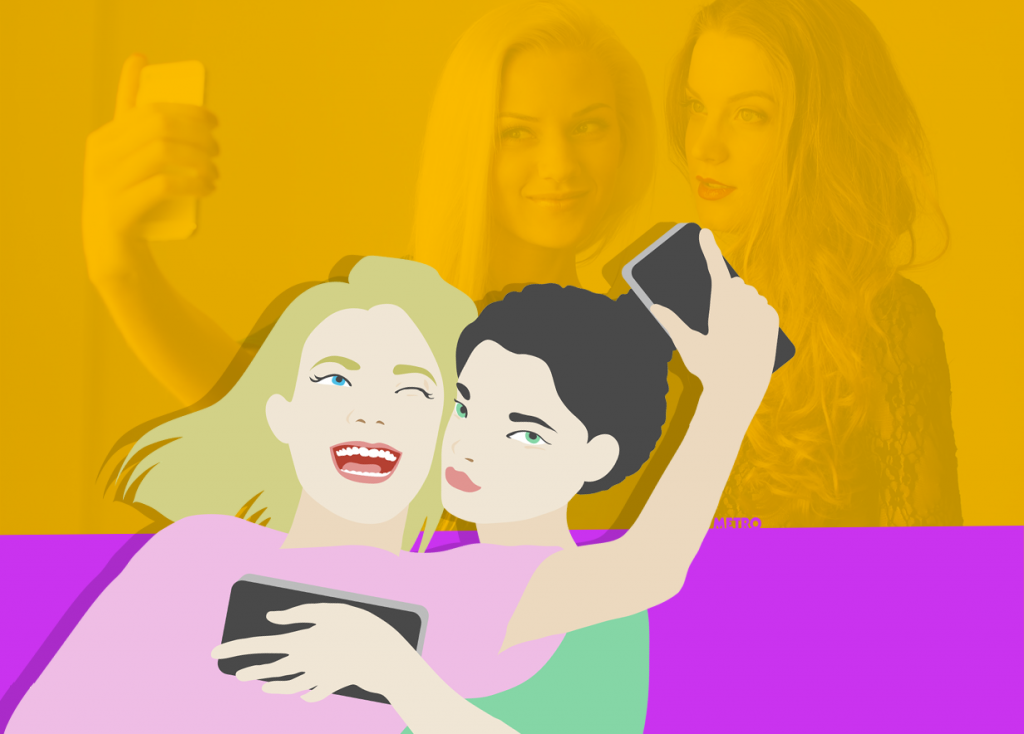-
Tips for becoming a good boxer - November 6, 2020
-
7 expert tips for making your hens night a memorable one - November 6, 2020
-
5 reasons to host your Christmas party on a cruise boat - November 6, 2020
-
What to do when you’re charged with a crime - November 6, 2020
-
Should you get one or multiple dogs? Here’s all you need to know - November 3, 2020
-
A Guide: How to Build Your Very Own Magic Mirror - February 14, 2019
-
Our Top Inspirational Baseball Stars - November 24, 2018
-
Five Tech Tools That Will Help You Turn Your Blog into a Business - November 24, 2018
-
How to Indulge on Vacation without Expanding Your Waist - November 9, 2018
-
5 Strategies for Businesses to Appeal to Today’s Increasingly Mobile-Crazed Customers - November 9, 2018
‘landmark shift’ as smartphones become most popular device for internet access
“You can see these devices are becoming more and more an important vital hub of information and communication throughout the day, with smartphone owners spending nearly two hours [on them] each day, nearly double the amount of time that those people are spending on their laptop or desktop”, says Jane Rumble, Ofcom’s director of market intelligence.
Advertisement
Almost four in ten (37 per cent) internet users in Scotland cite smartphones as the most important device for accessing the internet compared to just over a quarter (26 per cent) for their laptop and 27 per cent for a tablet.
The communications watchdog said 33 per cent of Britons opted for smartphones as the device of choice in 2014, ahead of 30 per cent who preferred laptops.
What’s more the amount of time we spend on smartphones to go online now sits at one hour and 54 minutes per day on average. Ownership is highest amongst 16-24 year olds (90 percent) with ownership amongst 55 to 64 years olds doubling since 2012 to 50 percent.
The Communications Market Report from 2015 revealed that 66 percent (66%) of the adults living in Great Britain own at least one smartphone, and the number of people who use it as a primary means of getting on the internet is on the rise. During 2014, 4G subscriptions have leapt from 2.7 million to 23.6 million by the end of 2014.
Ofcom rules mean that 98 per cent of premises will have an indoor 4G signal from at least one operator by 2017, and the regulator will publish maps in the coming months to allow people to check their area’s 4G coverage.
The study found that a third of all online access is via smartphones, after stark increase in use of 4G fuels rise of mobile surfing.
Ofcom said the toppling of the laptop was a “landmark moment”.
Fifty-five percent of people think using a mobile phone at the dinner table is unacceptable, yet 42 percent admit to doing it, while 34 percent of consumers check their phone within five minutes of waking up.
Advertisement
As a result, fewer people are using laptops and desktops to browse the internet. Ofcom found that popular online activities such as shopping, banking and video calls are more popular over 4G networks than 3G. Smartphones take more photos than any other device and an estimated 1.2 billion selfies were taken during 2014, although it is suggested older people still value physical photos. People watch on average of three hours 40 minutes of broadcast TV a day, 11 minutes less than a year ago, Ofcom said.




























